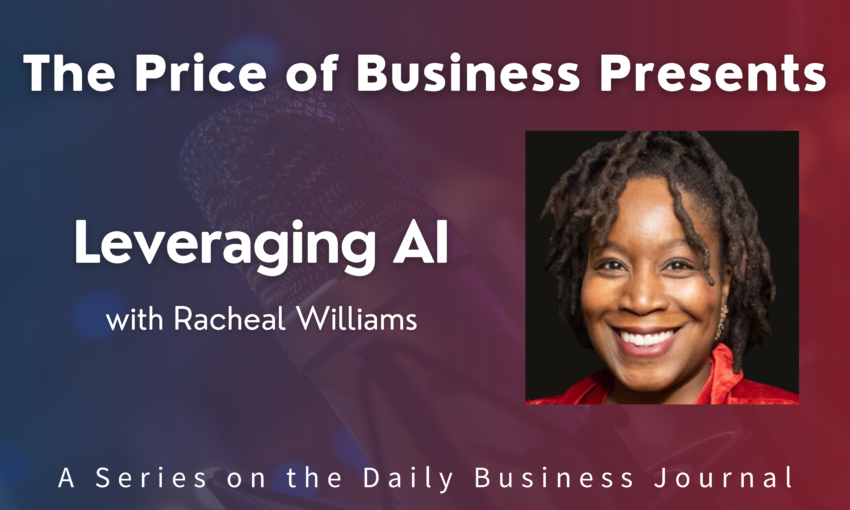In a world where the lines between technology and creativity increasingly merge, OpenAI’s Sora is at the forefront, signaling a monumental shift in the filmmaking landscape. This isn’t just about the nuts and bolts of technology; it’s about reimagining storytelling in ways we’ve only dreamed of. The buzz around Sora, detailed in a recent Bloomberg article, hints at a future where movies are not just made but woven together through the intricate dance of artificial intelligence and human creativity.
Sora represents the latest chapter in OpenAI’s mission to blend AI with the arts. This AI tool, which is still being fine-tuned, has the extraordinary ability to turn text prompts into realistic video sequences. Imagine the possibilities: stories that once lived only in the imagination can now leap onto the screen with an ease that was previously unthinkable.
The beauty of Sora lies in its promise to make filmmaking more accessible. Traditionally, bringing a script to life involves a complex choreography of casting, scouting locations, and painstaking set designs. Sora offers a tantalizing alternative, allowing creators to bypass these costly hurdles and translate their stories directly into visual spectacles. This shift could not only streamline production but also unlock new realms of storytelling, previously deemed too logistically challenging or expensive to explore.
OpenAI’s foray into Hollywood, engaging with the film industry’s best and brightest, underscores the seismic potential of Sora. When movie moguls like Tyler Perry pause their projects in awe of what Sora can do, it’s clear we’re on the cusp of something huge. This isn’t just about making movies differently; it’s about dreaming up narratives in ways we hadn’t dared to imagine.
However, with great power comes great responsibility. The advent of Sora and its ilk invites us to ponder deeper questions about the essence of creativity and the future of artistic expression. It’s a thrilling prospect but also one that requires the industry to tread carefully, ensuring that as these new tools are embraced, we don’t lose sight of the human touch that lies at the heart of storytelling.
Recent labor disputes in Hollywood have spotlighted the friction between technological progress and the rights of creative professionals. These discussions are critical as they force the industry to confront the implications of AI in the creative process, from copyright issues to the economic impact on those who make movies.
Embracing Change with Care
The journey toward integrating AI in filmmaking, as inspired by tools like Sora, brings to light the need for a new kind of collaboration. This isn’t about replacing human creativity with algorithms; rather, it’s about augmenting our storytelling capabilities, opening doors to narratives that were previously beyond our reach.
In this new era, we must rethink how copyright laws apply to AI-generated content. The creativity unleashed by AI challenges our traditional notions of authorship, demanding new frameworks that recognize the contributions of both humans and machines.
The economic ramifications of AI in Hollywood require us to navigate carefully. While technologies like Sora promise to democratize filmmaking, they also raise concerns about job security and fair compensation. The recent strikes in Hollywood are a stark reminder of these challenges, underscoring the need for a balanced approach that honors the contributions of all creatives.
Looking Ahead
As the industry stands at this crossroads, the lessons from Hollywood’s labor disputes offer invaluable insights. These moments of contention remind us that the path forward should be carved together, through dialogue and cooperation. By crafting a future where technology amplifies creativity, we can ensure a film industry that thrives on innovation while respecting the dignity and worth of every creator.
Sora’s introduction into filmmaking by OpenAI isn’t just a technology breakthrough; it’s a call to dream bigger, to explore the vast landscapes of human creativity with new tools at our disposal. However, as the industry ventures into this brave new world, let’s move with intention, fostering a space where technology serves to enhance, not overshadow, the irreplaceable value of human creativity.
Racheal Williams, PMP-certified project manager and AI Prompt Engineering specialist, is the Founder & CEO of My AI Courses. We empower busy professionals with advanced AI skills. Learn more here.
Racheal Williams is a highly experienced tech industry professional with a successful track record in project management, which encompasses software development, compliance, and quality assurance. Over a 15+ year career, Racheal has been instrumental in driving global business enhancement initiatives and leveraging technology to boost productivity in strictly regulated industries. With a BA in Business Management, a PMP certification, along with a specialization in legal compliance. Racheal is well positioned as an authoritative guide in the intricate world of AI integration.
About “My AI Courses: Empowering Businesses with AI Expertise for Successful Adoption”:
My AI Courses is a leading online course program that offers top-notch training in AI Prompt Engineering. Led by highly skilled instructor Racheal Williams, the program equips professionals with winning strategies to quickly gain proficiency in AI. With personalized resources and a flexible learning timeframe, My AI Courses empowers individuals to stay competitive in the tech-driven world.
Discover more AI insights from Racheal Williams at https://www.myaicourses.com
Check the courses list at https://www.myaicourses.com/courses-list
You can follow the free AI Blog at https://www.myaicourses.com/aiblog
Connect with her through the social media:
Twitter/X: @myaicourses
Instagram: @myaicourses
FaceBook: @myaicourses
LinkedIn: Williams Innovation Group Ltd.
YouTube video about the AI Prompt Engineering Course
For more great articles on topics like this make sure to check out our Technology section.








